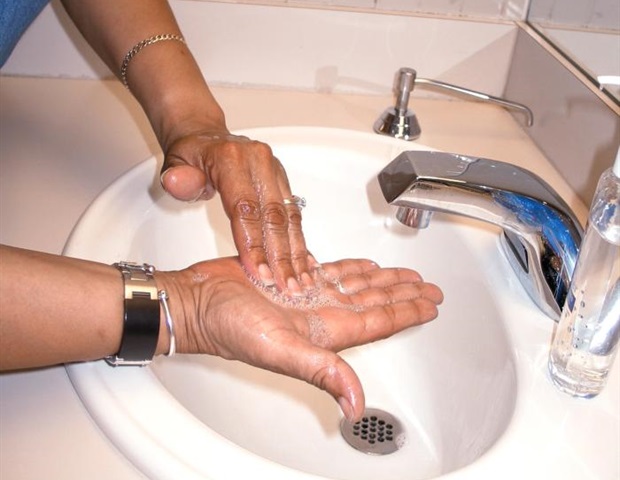Improving WASH Access: Key to Ending Cholera by 2030
Published June 24, 2025 by News-Medical
The Role of WASH in Cholera Prevention
The United Nations Sustainable Development Goals (UNSDG) include targets for safe drinking water, sanitation, and hygiene (WASH), which are critical in preventing cholera, a persistent health threat in low- and middle-income countries (LMICs).
Cholera, a diarrheal infection caused by consuming food or water contaminated with the bacterium Vibrio cholerae, disproportionately affects vulnerable populations lacking adequate access to WASH services. According to the World Health Organization (WHO), improved WASH interventions can significantly reduce cholera transmission.
Key WASH Interventions
Effective WASH interventions include:
- Providing access to safe drinking water sources, such as protected wells and treated water supplies.
- Promoting proper sanitation practices, including the construction and use of latrines and the safe disposal of human waste.
- Encouraging good hygiene behaviors, such as handwashing with soap and water, especially after using the toilet and before preparing food.
The Path to Eliminating Cholera by 2030
Achieving the UNSDG targets for WASH is essential for eliminating cholera as a public health threat by 2030. This requires a multi-faceted approach, including:
- Increased investment in WASH infrastructure and services.
- Strengthening health systems to detect and respond to cholera outbreaks.
- Promoting community engagement and education on WASH practices.
- Integrating WASH interventions with other health programs, such as vaccination campaigns.

Image: Hygiene practices are crucial in preventing cholera transmission.









